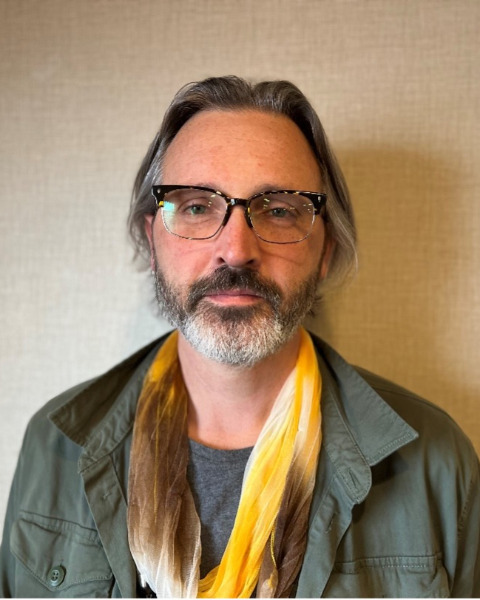Flash Presentation
History, Religion, and Culture
Session: Artificial Intelligence
Authentic Unintelligence in the Age of Artificial Intelligence: What if none of this matters?
Thursday, September 19, 2024
10:45 AM – 11:45 AM CT
Location: Regency Ballroom C (First Floor)
Keywords: hermeneutics, history of bioethics
Abstract: What does it mean to be human? The purportedly famous early 20th century theologian Franz Bibdfeldt unknowingly answered (as he often did) the question long before it was even asked: “(It) makes no difference whether something is known or not known, because knowing and not knowing are both dimensions of the same faculty, the knowing-not-knowing faculty.”
Bibfeldt was silent on the topic of artificial intelligence not, as many suspect, due to ignorance of a technology yet to be discovered, but rather to allow humanity to draw its own conclusions, reminiscent of Swinburne’s theory of attenuated divine omniscience that preserves human free will. Nevertheless, his body of work (which itself could be considered proto-artificially intelligent) can provide valuable insight to this topic.
This flash presentation will outline two of Bibfeldt’s primary perspectives on this topic – including what is now referred to as “the other AI”: authentic unintelligence – and their strengths and limitations to being included in these contemporary conversations. Finally, we will propose an iterative framework for how Bibfeldt can inform future concepts within the field of bioethics.
Bibfeldt was silent on the topic of artificial intelligence not, as many suspect, due to ignorance of a technology yet to be discovered, but rather to allow humanity to draw its own conclusions, reminiscent of Swinburne’s theory of attenuated divine omniscience that preserves human free will. Nevertheless, his body of work (which itself could be considered proto-artificially intelligent) can provide valuable insight to this topic.
This flash presentation will outline two of Bibfeldt’s primary perspectives on this topic – including what is now referred to as “the other AI”: authentic unintelligence – and their strengths and limitations to being included in these contemporary conversations. Finally, we will propose an iterative framework for how Bibfeldt can inform future concepts within the field of bioethics.
Learning Objectives:
After participating in this conference, attendees should be able to:
- Reflect on Franz Bibfeldt's theory of "authentic unintelligence" that can inform contemporary artificial intelligence conversations.
- Acquiesce to the impact Franz Bibfeldt has had on the the field of bioethics, despite predating it by a century.
Robert Macauley, MD, FAAP, FAAPHPM – Cambia Health Foundation Endowed Chair in Pediatric Palliative Care, Pediatric Palliative Care, Oregon Health & Science University

Jacob Dahlke, MBE,HEC-C (he/him/his)
Director
Nebraska Medicine
Omaha, Nebraska
